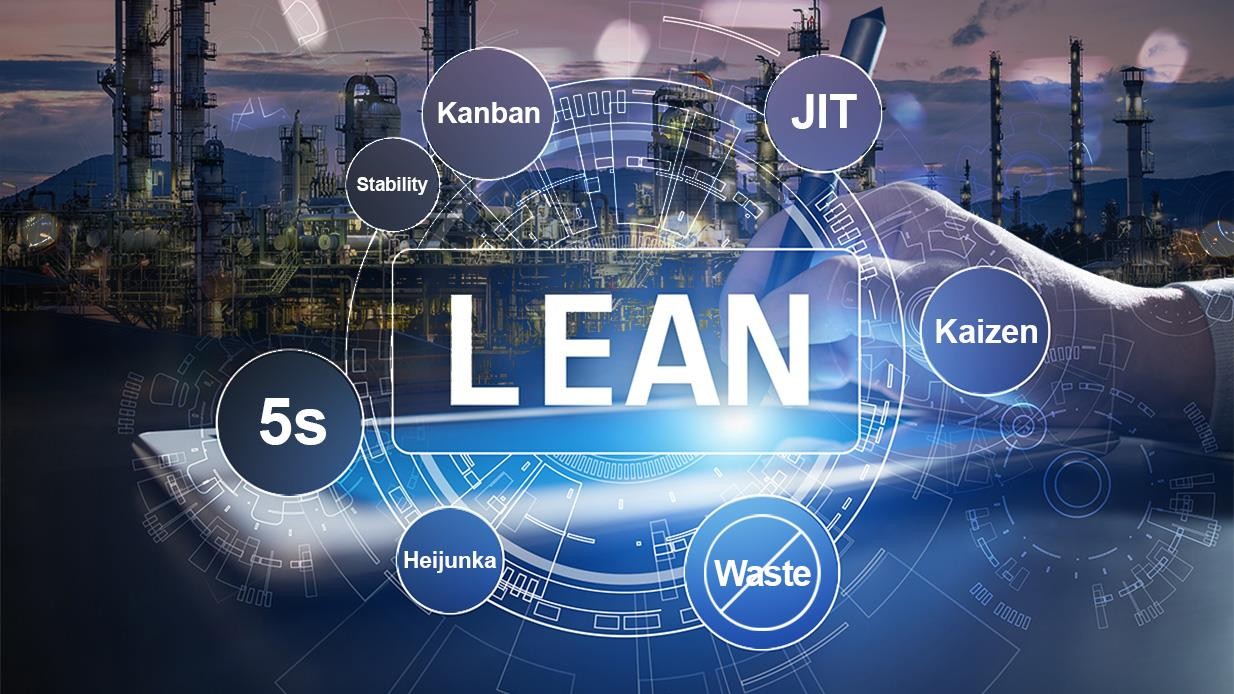
Business simplification is a restructuring process which aims to highlight non-performing elements of the company, refinance existing debt, or shed unnecessary levels of complexity, in order to make the company run smoother, operate more efficiently, all while reducing financial waste.

World-class examples of simplification in grocery and fashion business models include companies like Lidl and Zara. Lidl focuses on offering a limited selection of high-quality products at low prices in big volumes ‘Discounter Model’, while Zara uses a fast-fashion model to quickly produce and distribute trendy clothing. Supreme ‘Agility Model’. Both have a common obsession with ‘LEAN’ and investing heavily in supply chain over the last few decades.
The business principles Lidl, in my 15 years as Lidl Board Executive, of LEAN are based on the philosophy of continuous improvement and waste reduction. The following are the key principles of LEAN:

1. VALUE: The first principle of LEAN is to focus on creating value for the customer. This means understanding what the customer wants and needs, and delivering products and services that meet those needs. Customer Centricity.
2. VALUE CHAIN: The second principle of LEAN is to identify the value chain, which is the series of steps that a product or service goes through from start to finish. This includes all the processes, systems, people, and resources involved in delivering the product or service.
3. FLOW: The third principle of LEAN is to ensure that the value stream flows smoothly and efficiently, with no interruptions or delays. This requires eliminating bottlenecks and reducing cycle times. Frictionless.
4. PULL: The fourth principle of LEAN is to create a pull system, where products or services are produced only when they are needed. This helps to reduce waste and inventory levels. Just in Time.
5. PERFECTION: The final principle of LEAN is to strive for perfection, which means continuously improving processes and eliminating waste. This requires a culture of continuous improvement and a willingness to experiment and try new things. Lidl is still today built on saving seconds, where other retailers would be saving days out of their operating model. That’s naturally the benefit of scale also!
Embracing these principles, businesses can improve their operational efficiency, reduce waste, and provide a better customer experience.
To embrace simplicity/lean, CEOs must first identify areas of their business that can be simplified or streamlined. This may involve eliminating products or services that are not profitable or do not align with the company’s core values. CEOs must also prioritise communication and collaboration within their organisation to ensure that everyone is working towards the same goals. Finally, CEOs must be willing to take risks and make bold decisions to drive innovation and growth. Transformation is HARD….BUT worth it to survive and even thrive in tomorrow’s retail world 
There are several technologies that can help CEOs accelerate lean principles in retail today, including:
1. Inventory management software: This technology can help retailers track inventory levels in real-time, automate reordering processes, and reduce waste by ensuring that products are only ordered when needed.
The four types of inventory management are just-in-time management (JIT), materials requirement planning (MRP), economic order quantity (EOQ) , and days sales of inventory (DSI). Each inventory management style works better for different businesses, and there are pros and cons to each type.

For example Zara determines only 20% of a season’s line 6 months in advance, entering the season with 50% of committed inventory. For the remaining 50% of its line, it adopts just-in-time production, a practice that helps them to respond to any “of the moment” trends or customer preferences.
2. Electronic Shelf Edge Labels (ESELs) & Point of sale (POS) systems: These systems can help retailers streamline checkout/on-shelf processes, reduce errors, and gather valuable data on customer behavior and preferences. SES-imagotag is the global No. 1 company in Electronic Shelf Labeling systems and brings innovative digital solutions to retailers and other industries.
3. RFID technology: RFID tags can be used to track inventory levels and movement throughout a store, allowing retailers to quickly identify and address inefficiencies in their supply chain. The global RFID Market size is expected to reach USD 35.6 billion by 2030 from USD 18.45 billion by 2023, it is expected to grow at a compound annual growth rate (CAGR) of 11.9%.
Companies that utilise RFID Technology
- Amazon. RFID was created back in 1948 by Harry Stockman and was utilized primarily for military applications.
- INDETEX. Zara is a huge fast fashion retailer brand.
- H&M. H&M has been a rival of Zara for a long time.
- Decathlon International.
- BJC HealthCare.
4. Artificial intelligence (AI): PLEASE read my last report on ‘How Generative AI can help retail?’ If you missed it.
AI-powered tools can help retailers analyse customer data, predict demand, and optimise pricing and promotions to reduce waste and increase profitability.
AI use cases in retail and examples:
- Demand forecasting. Predicting demand is so important for retailers because it informs all other retail planning functions.
- Personalised shopping.
- Supply chain optimisation.
- Inventory management.
- Customer service.
Insights from top ranked companies:
- Kroger. Kroger has partnered with Ocado to provide it with automated warehouses. In total, Kroger has announced plans for 10 Ocado customer fulfilment centres (CFCs).
- Lowe’s. Lowe’s has used in-store smart robots since 2016.
- Amazon. Amazon offers a slew of AI and ML services through AWS.
Some well-known and widely recognized AI companies include Google (Google AI), Amazon (Amazon Web Services – AWS AI), Microsoft (Microsoft AI), Facebook (Facebook AI Research – FAIR), and NVIDIA.
NEW- Natural Language Processing (NLP)
Natural Language Processing is one of the popular trends in AI and machine learning in 2023. It is an AI technology that makes monotonous language-based processes smooth sailing
“It’s conceivable that within the next ten years, AI systems will exceed expert skill level in most domains, and carry out as much productive activity as one of today’s largest corporations,” reads the post, which was published on OpenAI’s website.
5. Mobile devices: Mobile devices can be used by store associates to access real-time inventory data, process transactions, and provide personalised customer service. This is a decade old enabler but the advancements of apps are still leading the way to real efficiency.
By leveraging these technologies, retailers can improve their operational efficiency, reduce waste, and provide a better customer experience, all while embracing lean principles.
The Holy Grail can be yours!!
MWB will to support your business transformation. Connect with us.

